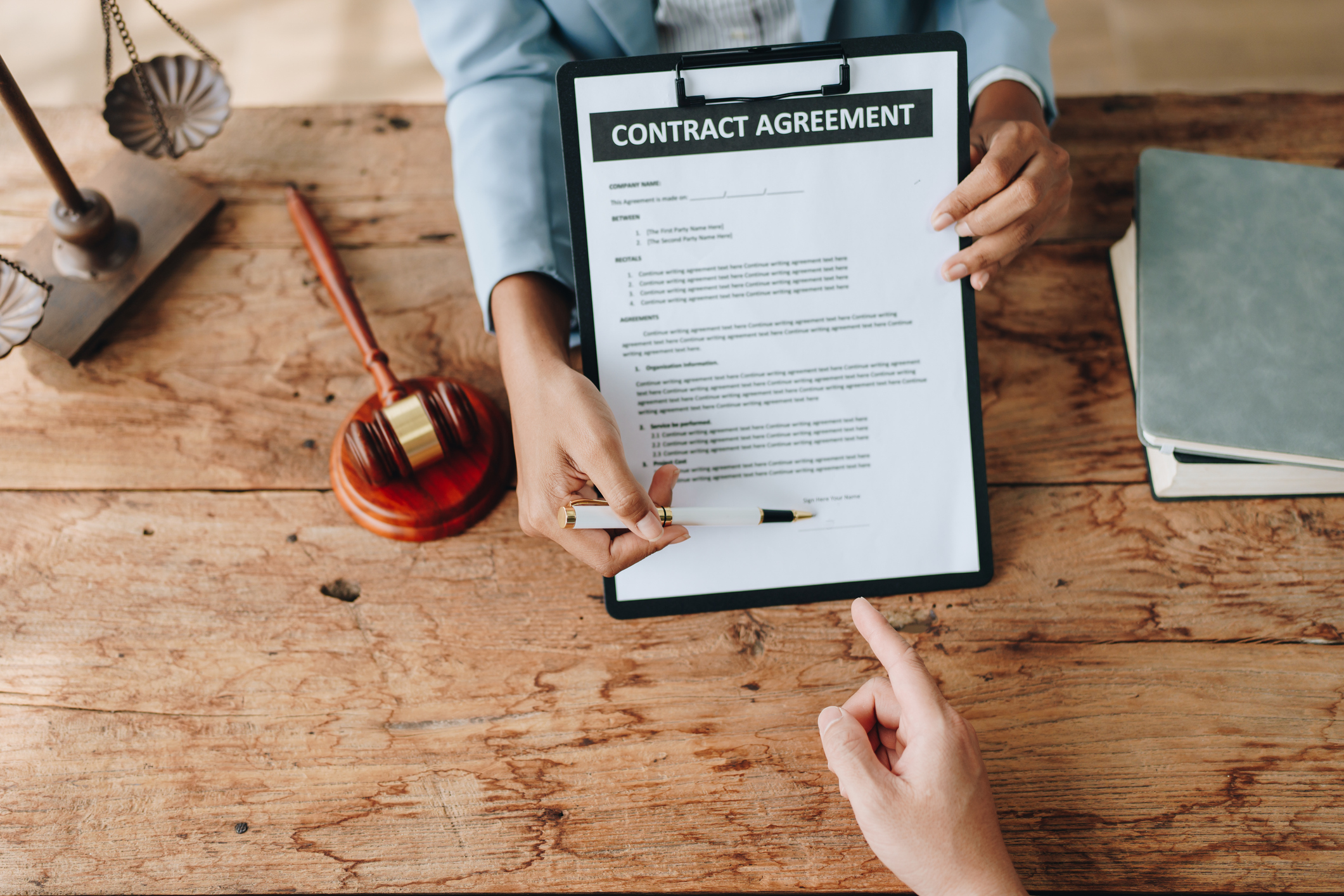Most of a business attorney’s best work isn’t in court; it’s in avoiding court. Resolving contract issues without litigation is generally the best option for all parties involved. But even at the best of times, not everyone will act reasonably about their obligations.
In today’s shifting commercial world, where sudden price shifts and industry trends can develop overnight, economic stress could lead to more breaches of contract than ever. How can you act to protect your business and enforce your contracts without lawsuits?
Looking Ahead: Planning to Prevent Disputes
Every deal needs a firm foundation. When you plan ahead, you can often prevent issues from arising in the first place, and if they do arise, you will be in a much better position to get what you need. The best ways to do this are:
Getting Everything in Writing—and Keeping It
Oral contracts are common in many businesses, especially when parties know each other well. Florida law, however, requires some contracts to be in writing, including real estate deals and “any agreement that is not to be performed within the space of 1 year.” See Fla. Stat. § 725.01. If contracts like these are not in writing, you could lose your opportunity to sue and your leverage for enforcement.
Without the proper evidence of your claim for enforcement, you won’t be able to make a case in court, and the other party may not feel bound to keep its promises. It’s vital to keep not only a copy of the contract but all other documentation, including correspondence by email or text, as well as notes, memos, and typical business records. These can provide the evidence you need to bring the other party to the table.
Drafting a Strong Contract
Busy people often use boilerplate contracts from previous use or online sources. However, a Florida business attorney should review any contract before you sign it or, better yet, draft the appropriate contract for the deal.
The other party may well have their attorney draft or review their contracts—where significant assets are involved, they most certainly will. Additionally, frank and frequent communication will prevent many misunderstandings, and a contract review process will require just that.
Agreeing to Alternative Dispute Resolution
During contract review, you and the other party may be able to agree to alternative dispute resolution (ADR) for any future issues. An ADR clause in the contract would require the parties to go to mediation or arbitration for any disputes before—or instead of—filing a lawsuit. Settling the matter privately through ADR can save delay and expense for everyone concerned.
Watching for Red Flags
Once the contract is underway, be alert for issues that could signal trouble brewing. Are your contacts not giving you straight answers to your questions? Are key dates getting pushed back farther and farther? Are deliveries late or unacceptable? Even when the other party apologizes or smooths over the problems, it’s wise to make contingency plans for a possible breach.
When a Contract is Broken
What do you do with someone who won’t do what they contracted to do? The first step is, of course, to contact your business attorney. Even if you weren’t able to follow all the steps above, they can review your situation and determine how to move forward.
Analyzing the Situation
Your attorney will review all your relevant documentation to see how exactly the other party is breaking the contract and what they would owe you if they refuse to perform. The contract will likely have a damages clause or early termination clause, specifying the fees they will owe if they fail to comply. The other party may also face informal consequences from reputational damage if their failure becomes widely known, which can serve as additional leverage in many circumstances.
If not, you have the right to be made whole, whether through settlement or through suit. However, money damages are likely not what you want or need—you want the other party to do as they said they would.
Taking a Firm Line
Sometimes, a clear, formal communication from an attorney is enough to set another party straight. Once your attorney has reviewed your documents and your contract, they will be able to send a demand letter. They will set out your position and your demand, together with the legal consequences if the other party fails to comply.
ADR: Mediation or Arbitration
When the other party refuses to cooperate, their attorneys may at least persuade them to enter mediation. Mediation or arbitration are often the best choices for a dispute between roughly equal parties. Both are less expensive, and since they are private, they do not require public disclosure as legal filings do.
Mediation is a less formal proceeding than arbitration. A neutral third party, usually an attorney, meets with both parties to mediate an agreement between them. By contrast, arbitrators take the role of judges; some arbitrators are, in fact, former judges. In arbitration, both parties agree to allow one or more arbitrators to hear their case and give a legally binding judgment.
Your Counsel in Orlando
At Bloodworth Law, we want to protect your rights and get your business what it needs. If you are in a contract dispute—or you think you will be soon—don’t delay. Contact us today at our Orlando offices (407-449-8958) to schedule your complimentary first consultation.



